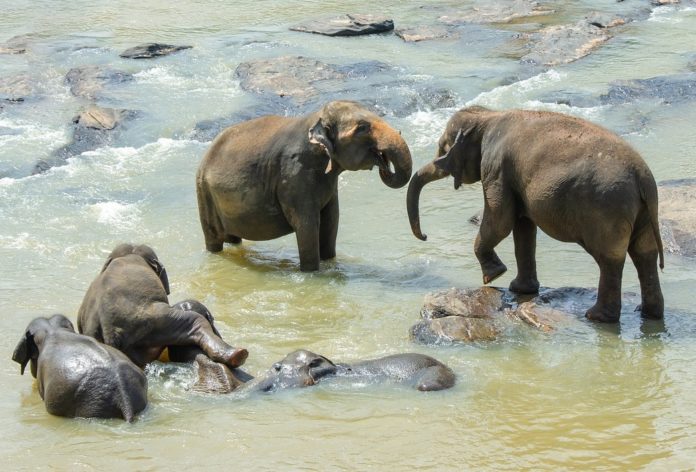New Delhi (NVI): There has been a decline in the Asian elephant population by at least 50 per cent over the last three generations. In order to raise awareness about the declining population of the wild elephants and make efforts to protect them, every year World Elephant Day is observed on August 12.
World Elephant Day is marked to spread awareness about the issues that elephants face in the wild and to find out the ways to protect them.
It also promotes preservation and protection of the world’s wild captive elephants. There are two elephant species — African elephants, which are listed as Vulnerable, and Asian elephants, which are listed as Endangered, in the International Union for Conservation of Nature (IUCN) Red List.
The Day came into existence in 2012, when two Canadian filmmakers Patricia Sims and Michael Clark along with the Elephant Reintroduction Foundation marked to bring attention to the urgent plight of Asian and African elephants.
Meanwhile, poaching, habitat loss, human-elephant conflict and mistreatment in captivity are some of the threats faced by both African and Asian elephants.
Globally, wild Asian elephants are found in 13 countries. The current population estimates indicate that there are about 50,000-60,000 Asian elephants in the world and an estimated 4,00,000 African elephants.
More than 60 per cent of the global population of Asian elephants is in India, not just because of strong wildlife laws, but because Indian revere, are more tolerant and affectionate towards animals.
With India reporting a huge number of cases of human-elephant conflict every year, Union Environment Minister Prakash Javadekar launched National Portal on Human-Elephant conflict called “SURAKHSYA” on the eve of World Elephant Day.
The portal aims to collect real-time information and will also manage conflicts on a real-time basis. It will also help to set data collection protocols, data visualization tools and data transmission pipelines.
World is committed to the cause of saving elephants and other animals and is working towards robust, practical and cost effective solutions to end the human animal conflict.
-RJV








